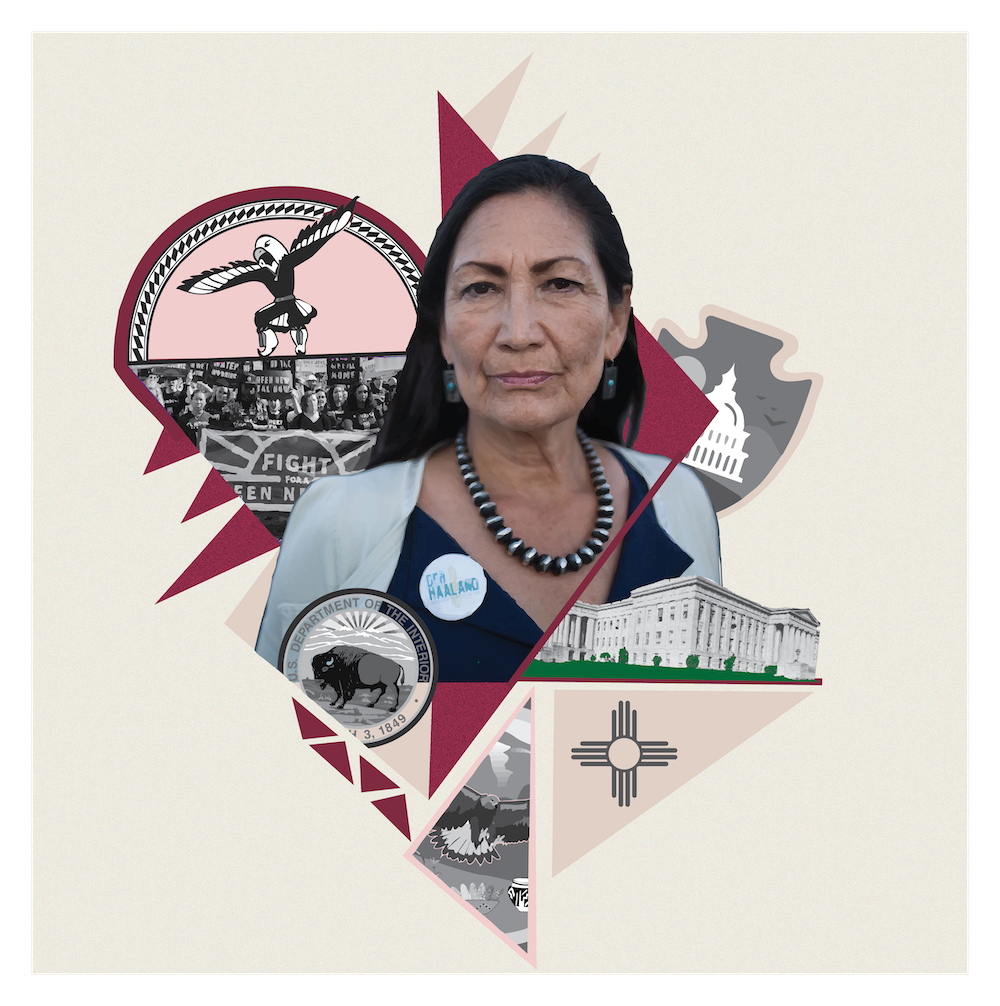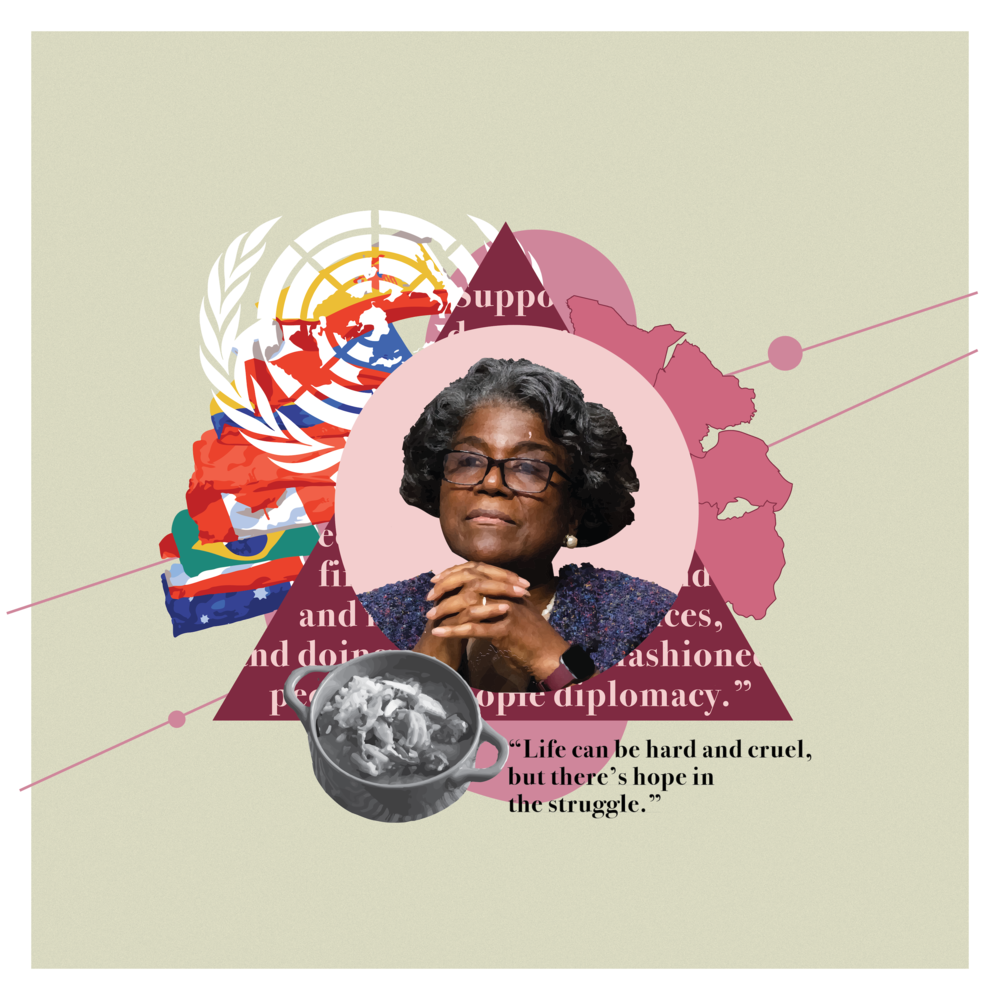As the debt ceiling crisis plays out in Congress this week, I want to take a moment to reflect on another bill that is making its way through Congress.
The A. Donald McEachin Environmental Justice For All Act is named after a former representative from Virginia who was the original co-lead for the bill in the House. During his time on the Hill, he was known as Mr. Environmental Justice and was a key advocate for the Inflation Reduction Act. McEachin died in November of last year.
Rep. A. Donald McEachin introducing his landmark Environmental Justice for All Act at a press conference on Capitol Hill in 2020.
No doubt due in part to his influence, the Inflation Reduction Act includes $3 billion in environmental justice grants and the creation of a new national Environmental Justice and External Civil Rights Office within the EPA. The Biden-Harris administration's Justice40 initiative made it a goal that 40% of the overall benefits of climate spending should flow to disadvantaged communities that are marginalized, underserved, and overburdened by pollution — and did you know that more people die each year from air pollution than die from TB, malaria and Covid combined?
In a recent blog post, Darya Minovi, a senior analyst at the Union of Concerned Scientists, observed that “seminal research by scholar and advocate Dr. Robert Bullard, and key environmental justice leaders, such as Dr. Beverly Wright, Vernice Miller-Travis, and Peggy Shepard, among others, shows that Black and brown communities are disproportionately exposed to and harmed by pollution.”
According to the Climate Reality Project, “nearly half of those living in fenceline areas close to industrial pollution are people of color and nearly two-thirds of children living within one mile of a high-risk chemical site are children of color. In fact, Black people in the US are ‘79% more likely’ than white people to live in places where industrial pollution is highest.”
These areas are colloquially known as "sacrifice zones," because the “health and safety of people who live in these communities is effectively sacrificed for the economic gains and prosperity of others.” It's a shameful history that continues to this day.
I reached out to Gloria Walton, leader of the Solutions Project, a nonprofit that funds and supports grassroots community groups working on climate justice solutions to build a more equitable and regenerative economy for all. Gloria is a tireless, brilliant advocate for community-led climate justice solutions. She and her Solutions Project co-founder, Mark Ruffalo, are among TIME’s inaugural Earth Award honorees.
“The just transition is underway… and communities are leading it,” Gloria said at the TIME100 Summit.
“The EJ for All Act rightly treats environmental justice as a civil rights issue,” she wrote via email. “Every person has a right to clean air, clean water, and living space that’s free from dangerous pollution.”
“Environmental justice must be of the people, by the people, for the people.”
She added, “While 64 million people in the US suffer from polluted air – meaning every community is impacted – Black, Indigenous, and Latinx communities are disproportionately harmed.”
“Rep. McEachin was known for working in partnership and solidarity with grassroots organizers in frontline communities. He listened, invited community organizers to visit Washington, and created opportunities for those frontline leaders to speak to lawmakers and the administration – he also showed up and lent the support of his office when the community asked him to."
Rev. Woodberry in South Carolina
One of the Solutions Project grantees, Reverend Leo Woodberry of New Alpha Community Development Corporation in South Carolina, wrote an op-ed earlier this spring in The Hill urging Congress to pass the bill.
“We must make sure every community has what it needs to survive and thrive through the climate crisis. The road to environmental justice is neither smooth nor straight — and we still have a long way to go.”
The 2023 bill's four co-sponsors, Sen. Cory Booker (D-NJ), Rep. Raúl M. Grijalva (D-AZ), Rep. Barbara Lee (D-CA), and Sen. Tammy Duckworth (D-IL), laid out its central tenets in a statement:
“The bill seeks to correct these environmental injustices in several important ways, such as accounting for the cumulative and compounding effects of pollution, rather than pretending every new source of pollution is the first one in the neighborhood. For decades, polluting industries have packed into communities of color and low-income neighborhoods sacrificing the health, safety, and well-being of the residents. This bill is an important step to address the harm that’s been done and an opportunity to grow an equitable, green economy.”
One of the hallmarks of the bill is not just what it contains, but the way in which it was crafted. It was “developed through a multi-year inclusive and transparent process built around the lived experiences of communities at the frontlines of disproportionately high pollution exposure and systemic disinvestment,” writes Union of Concerned Scientists Senior Analyst Darya Minovi. “Reps. Grijalva and McEachin worked to center the voices and concerns of communities affected by environmental injustices during all stages of the legislative drafting process, an effort in equity and inclusion that is rarely seen during the process of drafting a bill.”
The bill would create a new Environmental Justice Administration within the Environmental Protection Agency (EPA), provide funding for environmental justice programs, and require the EPA to develop a national environmental justice strategy focused on the environmental impacts of pollution in minority and low-income communities.
The EJ for All bill has support from over 70 grassroots and environmental organizations, including Sunrise Movement, Alternatives for Community and Environment, Climate Justice Alliance, Deep South Center for Environmental Justice, WE ACT for EJ, Moms Clean Air Force, The Wilderness Society, and Sierra Club, among others, in addition to over 40 leading environmental justice scholars.
I know that the road to its passage, especially in this Congress, will not be easy, but I hope you will join me in advocating for the EJ for All Act. Call your representatives, and let your support be heard loud and clear. Public pressure from activated individuals and communities can be the decisive lever that propels change.
As I've said and written many times, none of us can afford to sit on the sidelines, stay silent and do nothing when the lives and livelihoods of all our communities are at stake. This bill is a big step forward for climate justice and we must take it together.
Onward!
- Pat










